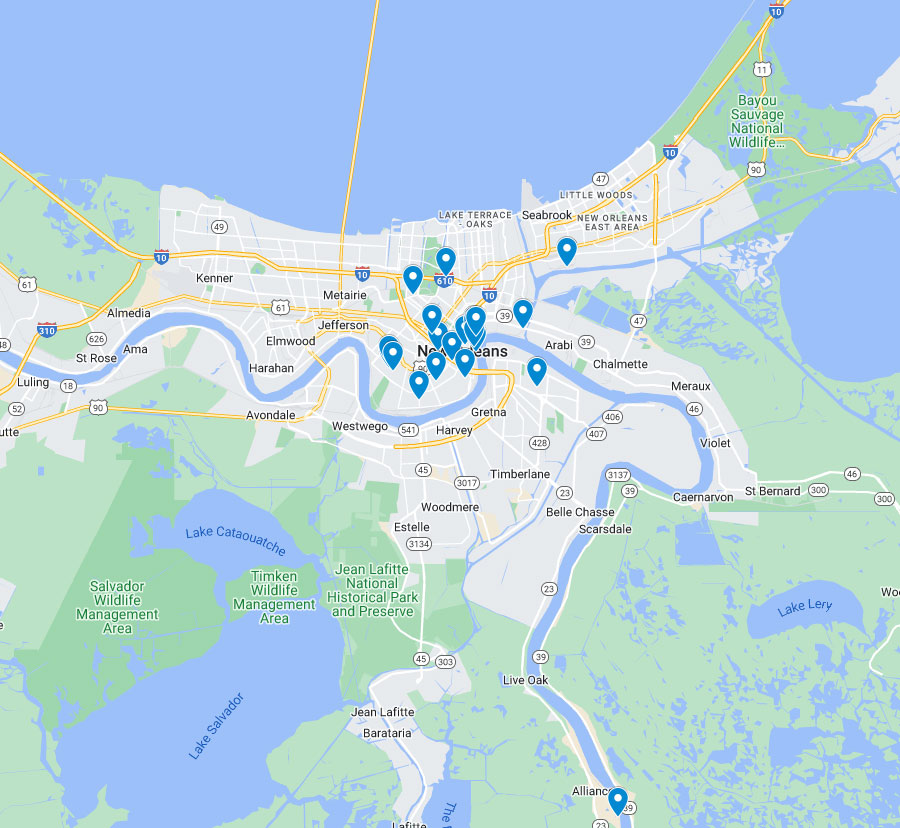
Biography
Maarten Zwiers is assistant professor of History and American Studies at the University of Groningen. He is the author of Senator James Eastland: Mississippi’s Jim Crow Democrat (Louisiana State University Press, 2015), and his work has appeared in Southern Cultures and The Southern Quarterly. He also contributed to the New Encyclopedia of Southern Culture and the Mississippi Encyclopedia. He studied American Studies and History at the University of Groningen and the University of North Carolina at Chapel Hill and went to graduate school at the University of Mississippi on a Fulbright scholarship. His research revolves around rural history, regionalism, and political culture, with a specific focus on the Gulf South.
Research
Cold War Caribbean: Right-Wing Networks in the Gulf South
Right-wing networks determined life in the Cold War Caribbean. My project advances a transnational approach to the Gulf South in order to understand the interconnectedness between the defense of free-market democracy and the persistence of racialized class discrimination in the area during the post-World War II period. I define the Gulf South as the circum-Caribbean region that also includes U.S. Deep South states such as Texas, Louisiana, Mississippi, and Alabama. These states were segregationist societies that sometimes verged on totalitarianism. Defense industries and oil and farming interests shaped their economies, which made them highly aware of global reverberations caused by decolonization and the Cold War, especially in and around the Gulf of Mexico. People, businesses, and organizations in the Gulf South whose power and privilege depended on oppressive and racist systems of politics and labor cooperated with each other and thus built transnational networks aimed at keeping these systems intact. An ideology of toxic masculinity led to the implementation of a geopolitical and business agenda with little regard for the environment. Large-scale farming and the indiscriminate application of pesticides were detrimental to the nature and inhabitants of rural areas. A hardline masculine stance in foreign politics required fossil fuels to feed the growing military-industrial complex in the region. The exploitation of labor and the environment thus went hand in hand, creating a circum-Caribbean system of eco-apartheid.


